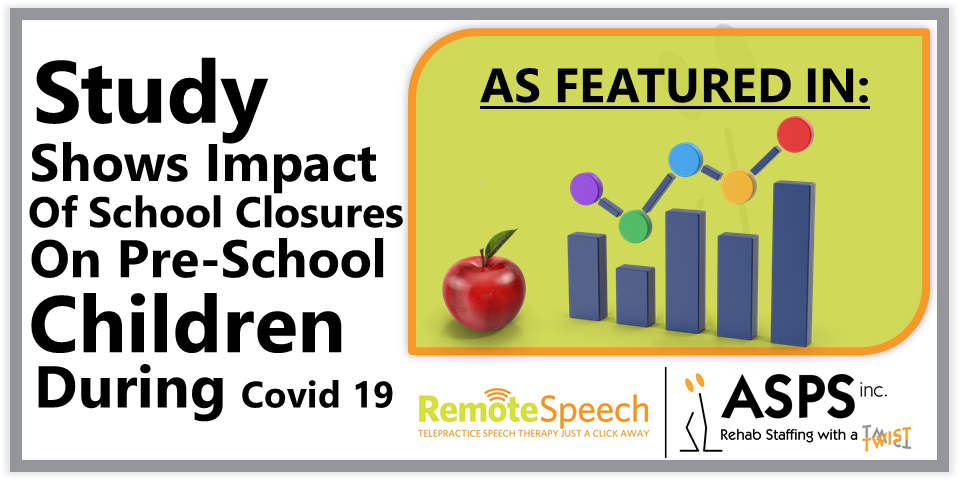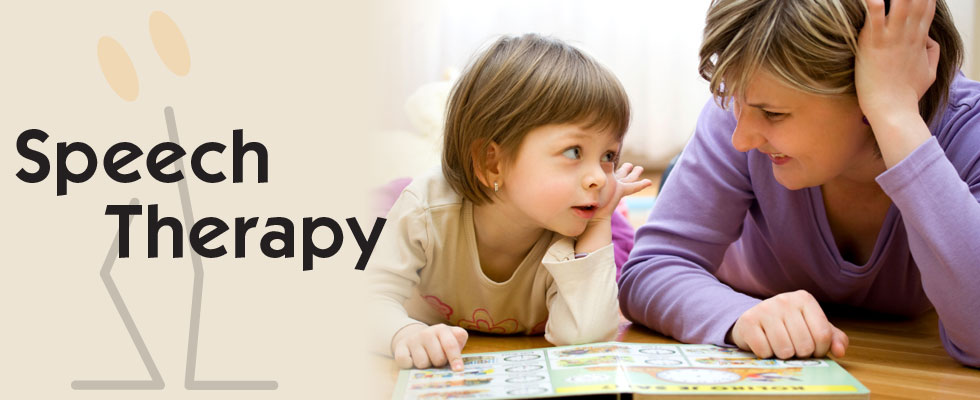
PRESS RELEASE / CHILD DEVELOPMENT: Embargoed for Release on February 23, 2022 Research shows that historically, large-scale events such as World War II, the Great Depression, the 2008 recession, and the SARS and N1H1 epidemics have impacted children’s developmental trajectories with long-lasting effects. In 2020, the COVID-19 pandemic created global school closures and severe disruption to education systems. The first study to examine the impact of the COVID-19 pandemic on preschoolers’ educational development across different socioeconomic settings in Uruguay was recently published in Child Development by researchers at the Universidad de la República at Montevideo. The study showed the harmful effects of the disease outbreak on children’s cognitive and motor skills.
“Early math and literacy performance are strong predictors of academic outcomes in primary school, and they may be the most difficult to compensate at home for because they require teaching expertise, appropriate activities and materials, and quality stimulation from caregivers,” said Alejandro Vásquez-Echeverría, professor at the Universidad de la República and co-director of the Interdisciplinary Center of Cognition for Education and Learning (CICEA). “Losses were uneven across developmental areas with the largest deficits being in motor, language and logical-mathematical skills.”
The study compared two groups of four- to six-year-old Uruguayan children:
Researchers used longitudinal information from the Uruguayan School Readiness-Child Development Inventory, data collected through a developmental assessment of public-school children. The data collected did not include information about ethnicity. Rather than using parental reports or online education platforms, children were assessed by teachers twice in age four classrooms and once by the end of age five. Teachers observed and rated a child’s frequency of specific cognitive, motor, and socioemotional developmental behaviors during a typical school day within a period of three to four weeks.
Researchers found that during the pandemic, the cognitive and motor development skills of children at age five suffered the most followed by their attitudes towards learning. Stay-at-home measures also led to a drastic decrease in physical activity which may explain the underdevelopment in motor skills. Avoidant and anxious behaviors in children could be an indirect result of increased parental stress or increased teacher stress. An unexpected finding was that the COVID cohort exhibited less aggressive behaviors when compared to the control group. School reopening conditions in Uruguay could explain this as this cohort had a lower child-teacher ratio and increased supervision of social interactions.
“Losses among children from more privileged schools were less pronounced,” said Meliza Gonzalez, researcher at the Universidad de la República. “Relatedly, children who had already been struggling at age four classrooms displayed larger developmental losses, thus increasing the achievement gap. The findings can directly inform public policy by targeting interventions at children at greater risk. This is particularly relevant to educational achievement since cognitive skills during the transition from preschool to primary school are predictors of later academic outcomes, a phenomenon that is studied under the concept of ‘school readiness’.”
The authors acknowledge several limitations to the study. They cannot be certain of what aspects of the COVID-19 pandemic specifically impacted school readiness, could not account for family variables such as income, or others related to how they coped with schooling strategies at home. Teachers’ assessments may have been biased because of, for example, shifts in their perception of expected behaviors due to the pandemic. The current study may not generalize to other contexts, as characteristics of school closures, mitigation measures, and other COVID-19 related socioeconomic impacts differed across regions. The impact may have been underestimated due to vulnerable children dropping out from the COVID cohort. Given the limited evidence on developmental losses and its relevance for educational policies, it would be beneficial to conduct similar research in other cultural contexts.
###
This research was partially supported by the Consejo Directivo Central de la Administración Nacional de Educación Pública and the National Agency for Research and Innovation. Summarized from Child Development, School Readiness losses during the COVID-19 outbreak. A comparison of two cohorts of young children by Gonzalez, M., Loose, T., Liz, M., Pérez, M., Rodríguez-Vinçon, J.I., Tomás-Llerena, C. and Vásquez-Echeverría, A. (Universidad de la República, Interdisciplinary Center of Cognition in Teaching and Learning and School of Psychology). Copyright 2022 The Society for Research in Child Development, Inc. All rights reserved. Access the full report, in its entirety, here

The response to the COVID-19 virus is unprecedented. Because of our unique role in children’s K-12 education, we feel a responsibility to do what we can to assist schools, therapists, and students with this transition to online learning and seclusion. To ensure that our clients remain engaged and supported, our therapists will be providing complimentary “Support Sessions” to the country’s youth. We will also be assisting schools by training therapists for remote therapy. Click here to schedule a complimentary consultation with an Executive Member of our Team. Abington Speech Pathology and RemoteSpeech.com are uniquely prepared to provide assistance for parents of children with Speech-Language Pathology. About Abington Speech Pathology Abington Speech Pathology is managed and owned by a licensed speech-langauge pathologist. All of the company’s directors are licensed and remain clinical to better direct and support both the company’s clients and the clinical staff. Through the years the company’s client base continues to grow and remains loyal. ASPS, INC has expanded its services to include Physical therapy, Occupational therapy, Teachers of the visually and hearing impaired, and School psychologists. ASPS, INC. now operates two offices. The corporate office is in eastern PA and services all 5 major counties surrounding the metro Philadelphia area. The Southern CA office services the Los Angeles and Orange County metro areas and at this point only offers speech pathology services to all settings. The company offers the professional staff a lending library of materials. In PA, there are 2-3 continuing educational seminars to assist on clinical growth and state and national mandated continuing education requirements. About RemoteSpeech.com RemoteSpeech is a subsidiary of Abington Speech Pathology Services, a multi-faceted Rehab company that has provided Speech Staffing and support throughout the country for more than 20 years. RemoteSpeech combines crystal clear voice with the sharpest video to provide next-generation video calling and high-definition video delivery. Prior to the Covid 19 pandemic, Orna Kempler-Azulay, President of RemoteSpeech, says the demand for speech-language therapists was outpacing the supply in some cities. RemoteSpeech is here to meet the demand. With its live, face-to-face interaction, RemoteSpeech is not the next best thing to being there in person — it’s just as good, and, in some cases, even better. With advanced state-of-the-art games, activities, and interactive screen sharing, students and adults will actually look forward to their therapy sessions.

To provide high-quality speech and language therapy, occupational therapy, evaluations, accent modification, and educational psychology services to clients of all ages.